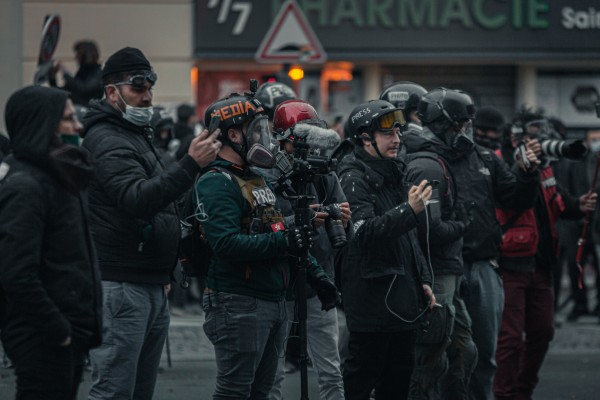A Turkish journalist released in June after spending two years in pre-trial detention has died, reportedly as a result of the government’s alleged failure to provide adequate medical care during her incarceration.
Hürriyet reported that Suzan Zengin – a human rights activist, journalist and translator who was imprisoned for alleged ties to an illegal organisation despite chronic health problems – died Wednesday.
The newspaper, which did not disclose Zengin’s ailment, said she received proper care following her release, but died while undergoing surgery because her ailment was too advanced. It said Zengin was taken into custody in August 2009 while working at the Worker Farmer Journal and in the Umut Publishing House’s office in Istanbul.
Authorities reportedly did not advise Zengin of the charges she faced when taking her into custody, and she was not indicted until the following year. She was charged as an alleged member of the Turkish Workers’ Peasants’ Liberation Army, the armed wing of the clandestine Turkey Communist Party/Marxist-Leninist, and faced up to 15 years in prison.
Zengin was released on 14 June pending a trial set for November. At a hearing just prior to her release, she maintained that she was innocent, telling the court that she neither knew nor had any connection with co-defendants named in her indictment.
Ferai Tinç, a member of the International Press Institute (IPI)’s Executive Board and the chair of IPI’s Turkey National Committee, commented: “This summer, in a meeting organized by the Turkish Journalists’ Trade Union (TJTU), Ms. Zengin brought to the attention of the Turkish public the total negligence of authorities to the health problems of journalists who are in prisons. She was one of them. She promised to work for press freedom in Turkey and to be the voice of all journalists and writers who are in prison.
“When a right as fundamental as press freedom is violated in a country it means all human rights are at risk. We, IPI’s Turkish chapter, are very sorry about the loss of Ms. Zengin. But we hope this may be a call for the authorities to take appropriate measures for all those journalists who are in prison and make the courageous steps to change all articles in Turkish law which violate the freedom of the press.”
International Press Institute (IPI) Executive Director Alison Bethel McKenzie added: “This is a tragic and senseless death, and our sympathies go out to Ms. Zengin’s family and colleagues. The allegations regarding the alleged withholding of medical treatment are grave, and should be immediately and thoroughly investigated. Anyone responsible for doing so must be held accountable.
“We also call on Turkey’s government to free the numerous journalists it still holds in prison, including IPI World Press Hero Nedim Şener, Ahmet Şik and so many others who appear to have been targeted for their work. If authorities truly respect freedom of the press, they must make public any allegations of criminal activity by journalists, and allow the accused to confront that evidence in a timely manner in an open and fair hearing that complies with international standards of due process.”
Turkey’s Justice Ministry in August acknowledged that it was holding 63 journalists in prison and that only 18 had been convicted of a crime. The ministry reportedly declared that four journalists were imprisoned due to their writings, but maintained that the others were not in prison because of their work.
Many of the imprisoned journalists – particularly those detained in connection with the “Ergenekon” probe into an alleged clandestine Kemalist ultra-nationalist organisation with ties to members of the country’s military and security forces, which has been accused of plotting to use terrorism to overthrow the government – have not been informed of the charges they face, nor have their attorneys, and many are subject to lengthy pre-trial imprisonment.
The South and East Europe Media Organisation (SEEMO), an IPI affiliate, supports this statement.


